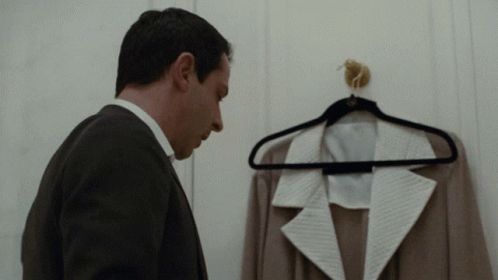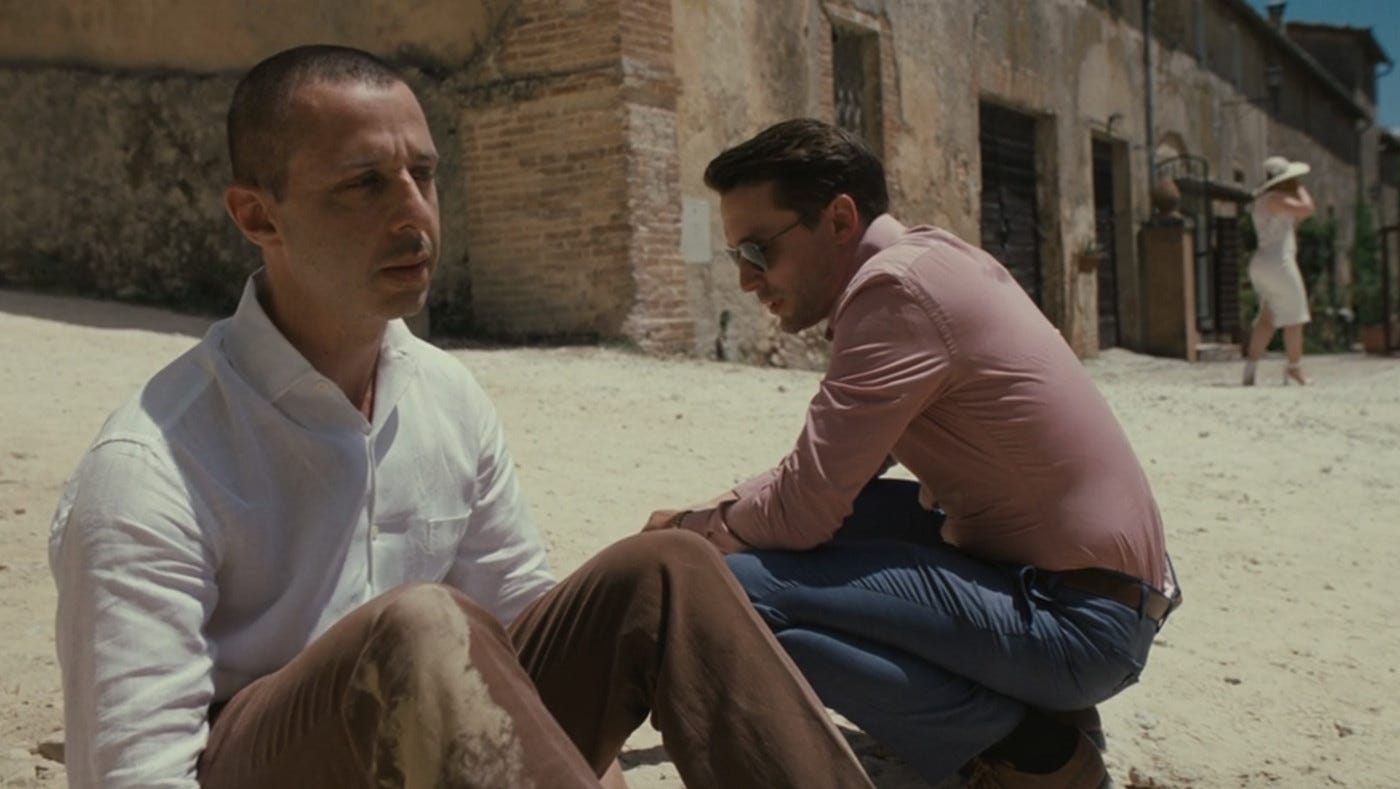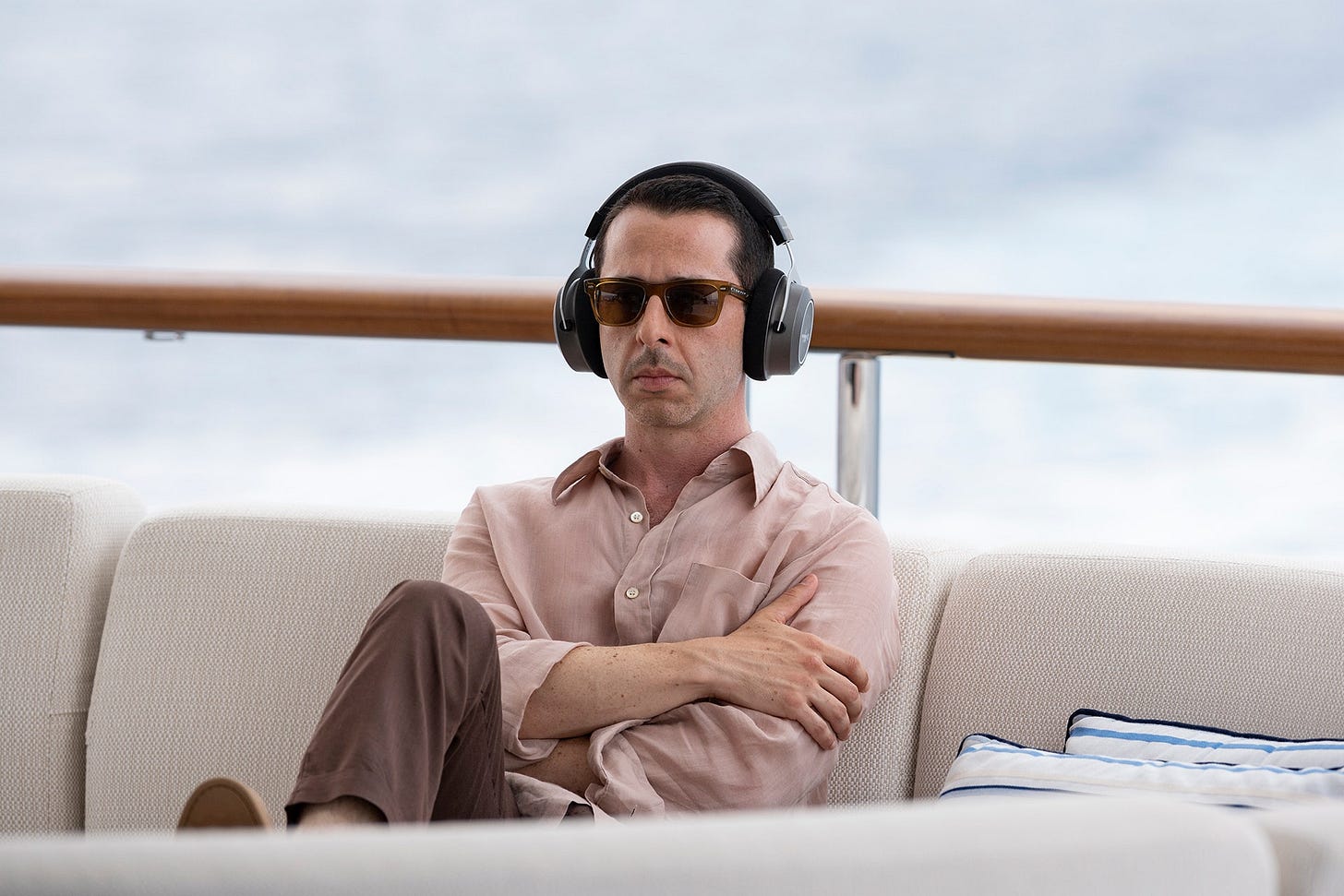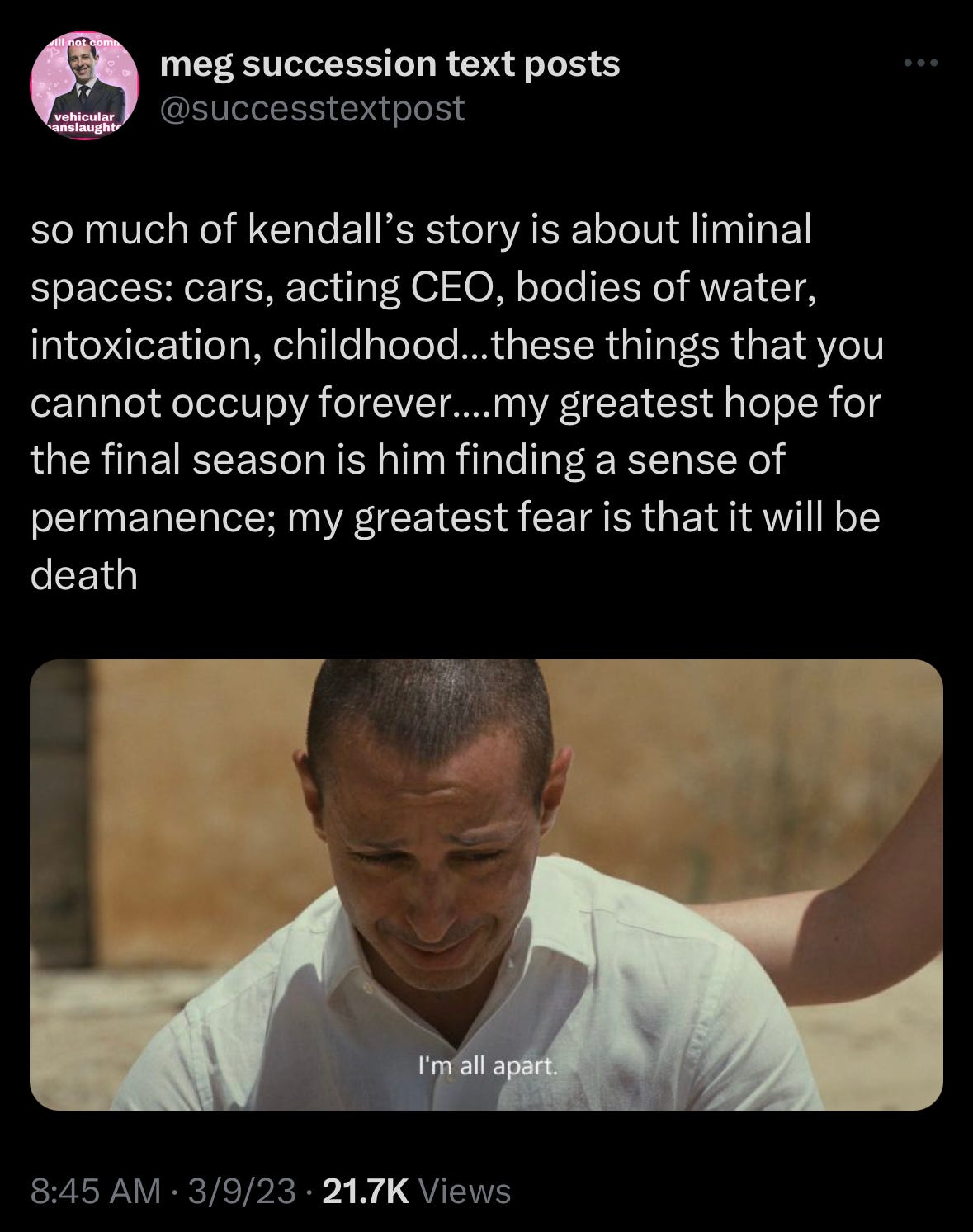When Succession writers began penning the story of a conservative media tycoon and his greedy children vying for his CEO spot, I wonder if they predicted that the show would be most revered by a fanbase of young women who wouldn’t hesitate on voting to tax the rich. Nonetheless, Succession has achieved critical and cultural acclaim while accruing a prolific fan community on Twitter, consisting of teenage girls and young women who largely devote their stanning efforts to one character in particular: Kendall Roy. With the number of fan cams and Twitter profile pictures of Kendall that exist, you would think he is some kind of suave romantic lead or perhaps possesses the talent and charisma of a K-pop idol. He is, in fact, none of these things.
Kendall is the second oldest son of Logan Roy, founder of the fictional media conglomerate Waystar Royco. Since the beginning of the show, Kendall has worked tirelessly to prove to his siblings, colleagues, and ultimately his father, that he is fit to take over as Waystar CEO once Logan steps down. But time and time again, he has displayed why he is “unfit” for the role. Kendall is the opposite of Logan: sensitive, sad, and so obsessed with succeeding his father that it nearly drives him mad and depressed. He continually works to better himself - set good habits - but always manages to self-sabotage - whether it’s relapsing with drugs, committing vehicular manslaughter, or stabbing his family members in the back. Throughout the show, we’ve witnessed Kendall beat his chest and stand up to his father and then shrivel into a shell of a human at Logan’s side the very next. There is a drive behind Kendall, but also a tenderness, a longing for his cold father’s love that makes you wonder whether he really wants the top dog position, or just wants his dad to say he’s proud of him.
To many, Kendall Roy epitomizes the common teenage girl experience1. I’m not the first to draw this comparison, in fact, I didn’t even notice the similarities between Kendall and adolescent girls until it was outlined to me by fans on Twitter. Once the parallels were drawn, they were impossible to ignore. Kendall is fraught with insecurity, instilled by forever living in his father’s Goliath shadow and never fully living up to his expectations for him. Logan views Kendall’s emotional nature as a weakness, telling him “You’re not a killer. You need to be a killer” in the season two finale.
In response to his father’s relentless criticism, Kendall has outbursts. In the first episode of season one, after learning his father won’t be stepping down as CEO, Kendall goes to the bathroom and has a silent tantrum, breaking Q-tips, ripping up newspapers, and screaming into a jacket. After his breakdown, he quietly cleans up the mess he made, putting the bathroom back where he found it and returns to his family. On his 40th birthday, Kendall arranges an extravagant, meticulously planned party and becomes upset when small things don’t go his way, like too many people keeping their jackets on. Kendall ends the party deeply upset, surrounded by presents from acquaintances but unsure of where his gifts from his own kids are.

As someone who was a teenage girl no less than three years ago, I too see myself reflected in Kendall’s character development. As a young woman, I’ve been made to think that being overly sensitive is a weakness. And when trying to suppress my emotions, I often end up outbursting more than I would if I had just “felt my feelings” to begin with. Especially as the oldest daughter in my family, there is a self-imposed pressure to carry on despite my hard feelings for the sake of my younger siblings. It wasn’t uncommon for me to even plan out time to feel my feelings, retreating to a bedroom or bathroom for a good, quick cry before returning to my loved ones. I too make plans with painstaking detail - seeking control in a world that can feel chaotic - and often feel a sense of dismay when things don’t turn out as planned, even a little bit. At twenty-two, I can’t remember the last time I didn’t cry on my birthday.
Women who similarly identify with Kendall often take to Twitter to analyze and discuss his behavior in the show. Fans jokingly refer to Kendall as “baby girl” or “girlfail,” and make fan cams of him to Mitski and Taylor Swift songs (here’s a link to one of my personal favorites to Olivia Rodrigo’s “brutal”). They view his character with deep complexity, analyzing the show’s many symbols with the detail of a diligent AP Lit student and making predictions for what will happen next.
Time and time again, I’m floored by the collective power of fandom. Succession contains a power and presence far beyond its direct viewership due to fans reproducing and circulating media that responds to its complex characters and themes. If there’s one affordance that the internet has offered us, it’s forums to connect with people who have similar passions and the capacity to share self-made work. It’s impressive to watch girls and women, in particular, connect with one another over media that they collectively see themselves in.
Still, the unified young women identification with Kendall Roy came out of left field for me, mainly because Kendall feels so distant from the young girl identity. He is, after all, a forty-something-year-old billionaire man inheriting a conservative media mega-conglomerate, which isn’t exactly relatable to the masses. However, it’s this exact distance between Kendall and fans that makes his character all the more admirable to fans. There’s a certain validation in seeing an uber-powerful figure (fictional or not) experiencing the same emotional turmoil that you feel. Characters like Kendall have a way of equalizing the human experience. Succession is, above all, a show about family dynamics, a phenomenon that all people are familiar with. The added layers of extreme wealth and power help build the satire, exaggerating the tug-of-war power dialectics that transpire between parents and children and between siblings. I guess even the rich just want to hear their dads say they love them!

I also think that Kendall’s gender undoubtedly plays a role in his mass worship. As opposed to his outlandish, playboy brother Roman Roy, Kendall is written, in layman’s terms, as a bit of a loser. He has little “game” with women, he self-pities and often wallows. He is deeply insecure. As opposed to the often menacing and exhausting hyper-confidence that traditional masculinity exudes, there is something non-threatening and approachable about an insecure man. It signals to women (many times, wrongly!) that it is safe for them to proceed. Maybe they can even “fix him” if they love him hard enough.
In the real world, I’ve seen many women be quick to coddle and infantilize grown men who have this “broken” quality to them. In many cases, the man is romanticized even when he has caused some real harm to women. Take, for example, Johnny Depp. In the aftermath of his defamation trial with Amber Heard, the known abuser was made into a heartthrob all over again, with his many devotees drawing attention to his quiet and gentle nature in public, calling him “cute” and referring to him as a “baby” (I literally grimace just typing that). A similar story occurred with serial killers like Charles Manson and Ted Bundy. Bundy, in particular, had a renaissance following Netflix releasing their Conversations with a Killer (2019) series and Zac Efron-led biopic Extremely Wicked, Shockingly Evil, and Vile (2019). Many were quick to switch their Twitter profile pictures to courtroom snapshots of Bundy and comment on his “good looks” and charisma, the very things that commentators claimed lured victims to him.
We’re much quicker to coddle a “broken” and “misunderstood” man than we are a hurt and wronged woman. When I think about popular women characters that are similar to Kendall Roy, Jenny Humphrey from Gossip Girl, Quinn Fabray from Glee, Diane Nguyen of BoJack Horseman, and even Bella Swan of the Twilight series come to mind. All of these characters have brushes with trauma and mental illness, often breaking down in front of the ones who care about them most. They struggle to take care of themselves, turning to substances, sex, and other adrenaline- and dopamine-rich vices to cope. Many women characters that have been broken down by the world around them aren’t met with the same reception that male characters are, many are even met with annoyance. Why can’t she just be happy? Why can’t she just get over it?
I think that viewers, in many ways, are most comfortable watching women characters pull themselves up and male characters break down, as both tropes run counter to the dominant stereotypes about either gender. Women that can easily wipe their tears and roll their trauma off their backs are empowering. They feed into the old “bootstraps” myth, indicating that oppression can be overcome through individualized action. Men able to bare the waterworks are in touch with their emotions, displaying how they run counter to the values of toxic masculinity.
In reality, of course, people are never that stringent. Human emotions aren’t categorical, they’re messy and unpredictable. All people have their moments of strength and moments when they fall apart the very next and I think that is, above all, what makes Kendall Roy so beloved by the people. Even though he experiences many moments of despair, there is almost always this dwindling fire pushing him forward, sometimes quietly kindling and other times loudly blazing.
I connect most with media that speaks to the complicated and holistic aspects of human nature, which I think Succession manages to do well. Most characters are equal parts lovable and hatable, but I often find myself hating them most. Billionaires are the closest thing America has to a monarchy or dictatorship. In media, they can symbolize what humans are capable of with almost limitless power and influence. Succession harnesses this symbolism well, often aware of how flawed its characters are, and in Kendall’s case, how aware the characters are of their own faults.
I enjoy watching Succession and am truly bummed that it will soon be coming to a close. The show contains some of the best writing and acting I’ve ever seen on television. And while I question the general utility of method acting, Kendall Roy would not be the character he is without the talent and care of actor Jeremy Strong. I also enjoy reveling in fan-made memes, edits, and show theories as much as the next person. As I said before, the collective power of fandom is one of the most powerful affordances the internet has offered. At the end of the day, there is undoubtedly a self-aware, tongue-in-cheek quality to Kendall Roy’s mass adoration. I’m confident stans are aware of how praising this sad rich boy has a silly quality, which makes it more humorous than glorifying.
At the same time, I do think that - particularly offscreen - whereas a damaged woman can sound alarms to many (“hysterical,” “crazy,” “deranged”), a damaged man can act as a welcome mat. Assuring people that it’s safe to enter, nurture, and leave the place as nice, if not nicer, than they found it. Women, too, deserve to be granted tenderness when facing hardships. And it’s worth noting that it’s impossible for one person to “save” another person - something that Kendall Roy himself is learning now that his father’s love is no longer enduring. That’s something that Succession fans and others ought to remember when navigating life, love, and HBO.
For more on the precarious nature of gender roles and toxic masculinity, check out my article “The Soft Boy Brigade.”
It’s worth nothing explicitly that Kendall Roy’s experience will, of course, never exactly be that of a teenage girl’s because he hasn’t lived life as a teenage girl. This article is merely meant to draw attention to the parallels fans draw between the experiences and comment on the complex nature of them. I hope you enjoy!







This was incredibly, immaculately written. Touched on all the theory and reasoning behind the memes (and why they're so justified and real,) while addressing the dangers of infantilizing broken men and male characters. Made my heart smile, cause as the kids say, "he's literally me." Kendall Roy and 20-something-year-old-teenage-girl solidarity forever. I will die on this hill. I bookmarked this article to show to my family who doesn't understand my deeply emotional connection to Kendall and this show. You made my night. Thank you, parasocial twin flame.
I showed my fiancé just the title and first photo and he brought up how Kendalls birthday was like that show my super sweet sixteen. 😂Spot on great article!